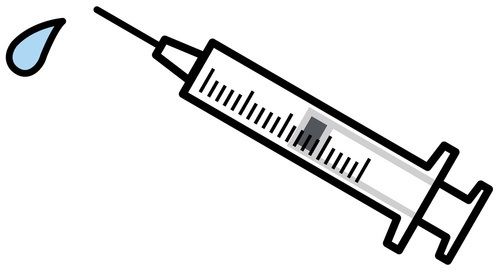Article
CDC Alters Some Vaccination Recommendations
Author(s):
The 2017 CDC guidelines for vaccination are out, with some changes.

The Centers for Disease Control and Prevention (CDC) today formally presented its 2017 Recommended Adult Immunization Schedule. Writing in Annals of Internal Medicine, members of the CDC’s Advisory Committee on Immunization Practices (ACIP) outlined their recommendations, which were simultaneously published on the CDC's website.
One major change is a new recommendation that adults infected with hepatitis C virus should be vaccinated for hepatitis B virus. Another change is the inclusion of more detailed guidelines for patients with conditions or illnesses not covered in last year's recommendations.
The guidelines were agreed upon by ACIP in October 2016. The suggested schedules cover some new territory, including guidelines on what vaccinations are recommended for immunocompromised patients and those at high risk for certain infections. The latter group includes men who have sex with men.
The agency said it is trying to clarify its recommendations, with advisory committee working group’s David Kim, MD, and colleagues noting that, “Missed opportunities for vaccinating adults may result in part from limited familiarity or challenges with the complexity of the adult immunization schedule among health care providers.”
Among the notable points in the new rules, the CDC again expressed concerns about the low effectiveness of this season's live attenuated flu vaccine and repeated its June statement it should not be used during the current flu season. The live vaccine is used in nasal spray vaccine. But there are other safer vaccines, namely inactivated or recombinant vaccine. If patients have severe egg allergies (not just a tendency to get hives from eating eggs) they should be vaccinated under medical supervision by someone who can recognize and manage a severe allergic reaction. That likely means that such people should not generally get the flu shot in venues like the workplace or in a pharmacy but in a fully staffed medical clinic.
The CDC repeated 2016’s course of recommended vaccinations for human papilloma virus (HPV) saying adults who want HPV vaccinations need three doses, not two.
Full details, including the schedules for meningococcal vaccines, are in Annals of Internal Medicine.
The new CDC guidelines also call for vaccinating adults infected with HIV against meningococcus.
Microbiologists who are routinely exposed to Neisseria meningitides should also be vaccinated, as should adults potentially exposed during any meningococcal disease outbreaks.




